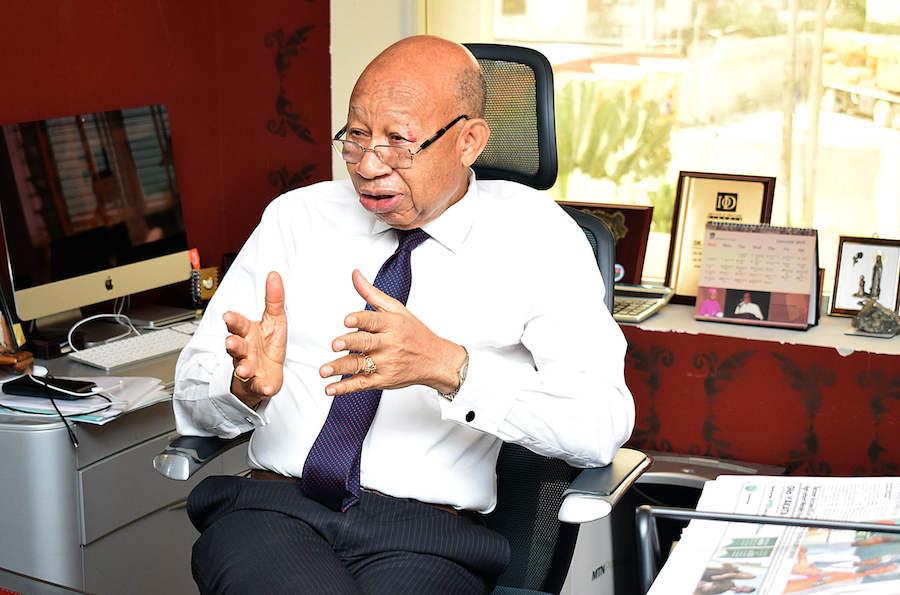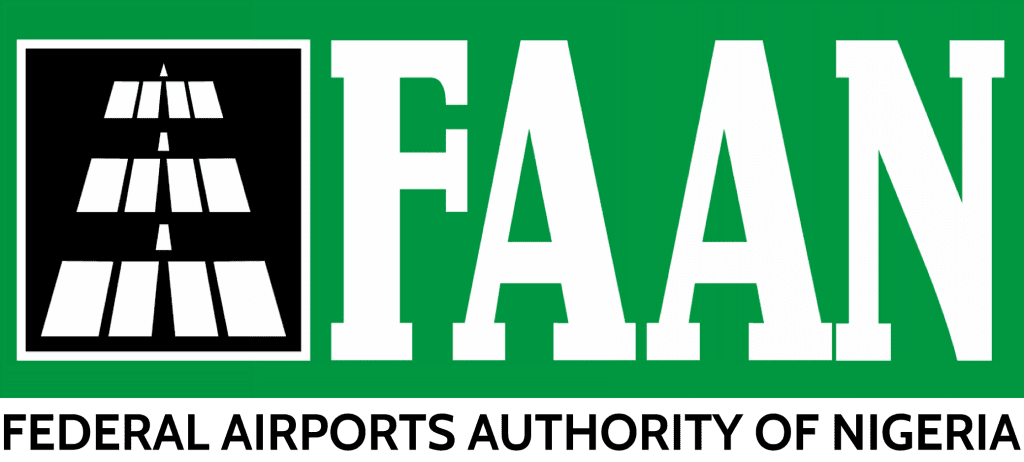On the first day of trading in the New Year, the Nigerian naira weakened against the US dollar, closing at N1,541.36/$, marking a 0.36% depreciation from the previous year’s closing rate of N1,535.82/$, as per data from the Nigerian Foreign Exchange Market (NFEM) available on the Central Bank of Nigeria’s website.
Market Movements and Dealer Quotes
Some authorised dealers quoted the dollar at N1,545/$, an improvement from N1,550/$ on Tuesday, while others saw the naira valued at N1,520/$ by the close of trading on Thursday. In the parallel market, the naira closed at N1,655/$, a slight improvement from N1,670/$ on Tuesday.
Depreciation and Economic Context
The naira’s significant depreciation in 2024, which saw a 40.9% decline compared to the official rate at the close of 2023 (N907.11/$), has raised concerns over the country’s foreign exchange stability. The depreciation comes despite several foreign exchange policies introduced by the Central Bank of Nigeria (CBN) aimed at improving market transparency and attracting foreign investments. Among these was the introduction of the Electronic Foreign Exchange Matching System in December 2024, which set new guidelines for authorised foreign exchange dealers. This reform appeared to have brought some stability to the naira in recent weeks.
Money Market and Sovereign Bond Activity
In the money market, the Nigerian Interbank Offered Rate (NIBOR) saw downward movements across all maturities, signaling liquidity in the banking system. Specifically, the Open Repo Rate fell by 0.61% to 26.69%, while the Overnight Lending Rate decreased by 0.55% to 27.25%.
Meanwhile, trading in the secondary market for Federal Government of Nigeria (FGN) bonds was subdued, resulting in a slight increase in the average yield to 19.76%. Conversely, the Nigerian sovereign Eurobond market experienced increased buy pressure across the short, mid, and long ends of the yield curve, leading to a 6 basis point decrease in the average yield to 9.62%.
Conclusion
Despite efforts to stabilise the foreign exchange market through new reforms, the naira continues to face pressure, as reflected in its depreciation against the dollar at the start of 2025. The outlook for the currency remains uncertain, with market liquidity, investor sentiment, and the continued impact of CBN policies playing key roles in determining its performance in the coming months.













